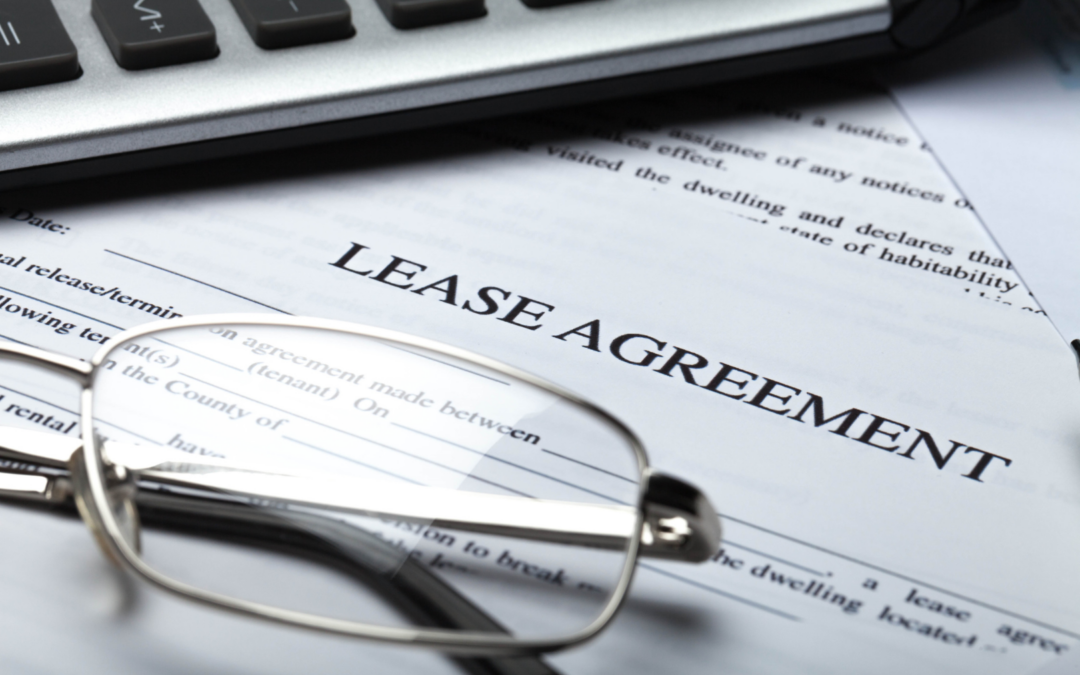Buying or selling a property is a stressful business at the best of times – add in a global pandemic and moving home becomes an even more daunting prospect.
Not only do you now have to worry about your buyer pulling out or the chain collapsing, what happens if you get sick with coronavirus or there is a local lockdown when you are supposed to be moving?
Enter the covid clause, which has helped steady the nerves of many home movers and has rapidly become the new normal in home buying contracts.
These new provisions are helping give buyers and sellers confidence that they are protected if their deals are affected by coronavirus restraints.
On behalf of OnTheMarket James Gostling, lawyer at Devonshires, has this guide to coronavirus clauses.
What is a coronavirus clause?
Covid clauses are provisions inserted into an ordinary house moving contract that protect you should a pre-defined ‘coronavirus event’ prevent either party from completing on a transaction.
These handy clauses ensure that the parties are not in breach of contract if such an event occurs and gives some much-needed stability and certainty to the house moving process.
Ordinarily, if a party fails to complete on the agreed date, the other side can serve a ‘notice to complete’. In most cases this gives them 10 working days to complete the transaction, thus making time of the essence to complete within that timescale.
If they fail to do this, the contract is terminated and, if the buyer is the party who defaulted, the seller can keep the deposit.
Alternatively, a party can go to court and seek an order that the other side must complete. Financial penalties for the defaulting party, apart from the loss of any deposit given, can include compensation for removal firm costs, hotel costs and legal fees.
To avoid this unpleasantness, a coronavirus clause provides a designated ‘longstop date’, or a window of opportunity between agreed dates in the future for the completion to take place.
Effectively this means that either the move must be completed by a certain date if it is delayed by a coronavirus event or either party can serve notice to terminate without financial penalties.
What is a coronavirus event?
A coronavirus event is anything coronavirus-related that the parties agree could potentially delay property deals. This can include:
- Absences or unavailability of staff at either side’s conveyancer, any lender or other finance provider, and any loss of, or disruption to, any of their facilities
- Any illness, quarantining or self-isolation, including precautionary self-isolation, of the buyer, seller or anyone living with either before completion, or who will live with them after completion
- Any measures taken by the Government to prevent the spread of coronavirus, such as local lockdowns
- Disruption to any services, such as electronic transmission of monies, the Post Office or the Document Exchange – a private postal service for lawyers and others – or unavailability of packers, movers or storage facilities
- If you are unable to get witnesses to sign documents because of a local lockdown
- If pre-completion searches or inspections can’t be made
- Any withdrawal by a bank, or expiry of, a mortgage offer due to coronavirus
- If another part of the chain collapses because of a similar coronavirus event which was detailed in their contract
If any of the above agreed events happen then neither party can serve a notice to complete. The longstop date specifies when deals have to be completed by.
If the deal has not completed by then, then either party can serve notice to terminate the contract and all relevant purchasers are entitled to have their deposits back.
Read more
- A guide to choosing the right property survey
- How to keep a property transaction on course
- How to finance a property purchase
The introduction of a longstop date doesn’t mean that the parties can’t attempt to solve problems themselves – such as a temporary move to a hotel or using storage facilities – but it removes some of the ‘blame game’ when transactions do not complete as it was ‘outside of the parties’ control’.
There is one other thing to bear in mind when considering a longstop date – buyers should remember the stamp duty holiday which ends on 31 March next year.
If the longstop date is after that, or completion is delayed past March 31 next year, you could become liable for additional stamp duty which you would have avoided if you had completed before that date.
What about if I’m in a chain?
I would strongly recommend that all parties in a chain have the same covid clauses inserted into their contracts. This way everybody is covered should one of the parties not be able to move because of coronavirus.
If the parties don’t all have similar covid clauses inserted, then it can result in a domino effect of buyers suing sellers for breach of contract.
Why insert a covid clause?
A better question may be, why would you not? If you absolutely need to move on a specific date, then a covid clause might not be for you.
However, if you would prefer to have peace of mind and ensure you are not penalised should a coronavirus event happen, then they are a sensible addition to home buyers’ contracts.
We are certainly seeing more and more clients ask for them and I think they are likely to be here to stay for as long as coronavirus is still an issue and allow the parties to ‘stay safe’ both health-wise and financially.
Don’t take it for granted that you or somebody in your chain won’t get sick, have to self-isolate or have to go into local lockdown, as if you do you may well end up being left to pay the price.






